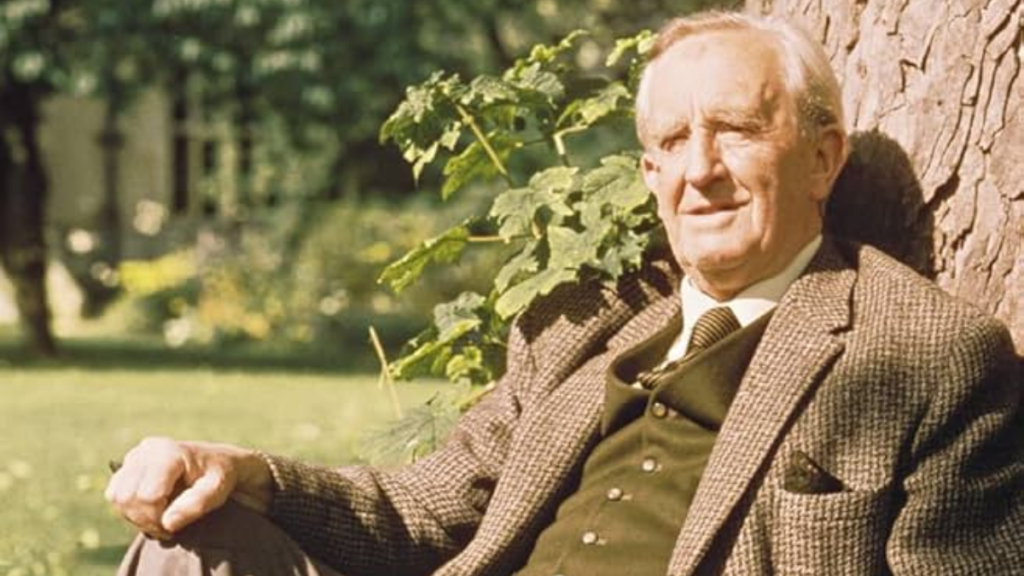Although there have been many film adaptations of J.R.R. Tolkien’s works, especially ‘The Lord of the Rings’, there haven’t been many attempts to examine his personal life. Tolkien’s early years are romanticized in the 2019 movie ‘Tolkien’, which follows his path until the creation of his epic story. Nevertheless, the movie mostly lacks nuance and refrains from taking bold artistic chances, losing the chance to explore the deep impact of Tolkien’s Catholicism on his works. The impact of the movie is lessened by this absence, which also misses the universal themes found in ‘The Lord of the Rings’.
‘Tolkien’s’ growth began in 2013, when his writings saw a resurgence in popularity after the release of ‘The Hobbit’ movies. The film’s initial momentum was aided by its comparable vision to ‘Finding Neverland’. Following the appointment of multiple directors, Dome Karukoski eventually took over, motivated by his personal experience. Lily Collins was cast as Tolkien’s muse, Edith Bratt, and Nicholas Hoult as Tolkien.
Image Courtesy: IMDb
It’s interesting to note that the Tolkien Estate did not support the movie, stating that they disapproved of its content. Tolkien himself objected to the film’s strong use of metaphor, which critics pointed out connected his experiences in the battle to his writings. He didn’t want his writings to be direct representations of his life, but rather to have a wide emotional impact on readers.
Some commentators criticized Tolkien for being extremely straightforward and reductive when it was first published. In spite of this, Hoult received praise for his acting, and the movie serves as a reminder of the complexity of Tolkien’s life, including his strong religious beliefs and the universal themes that permeate his stories. To fully convey the depth of Tolkien’s legacy, future adaptations ought to take into account a more in-depth examination of these components.
–Farheen Ali
